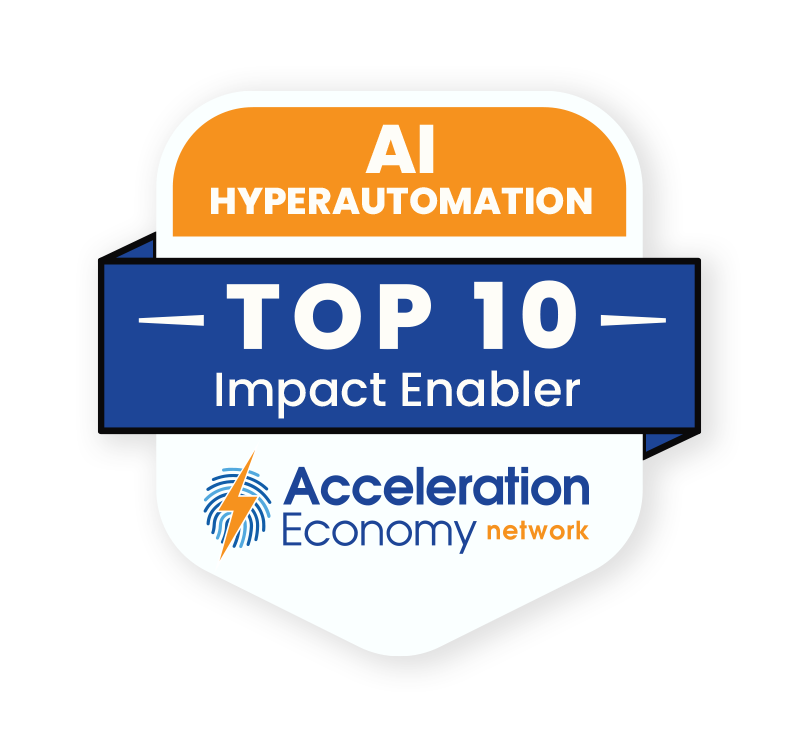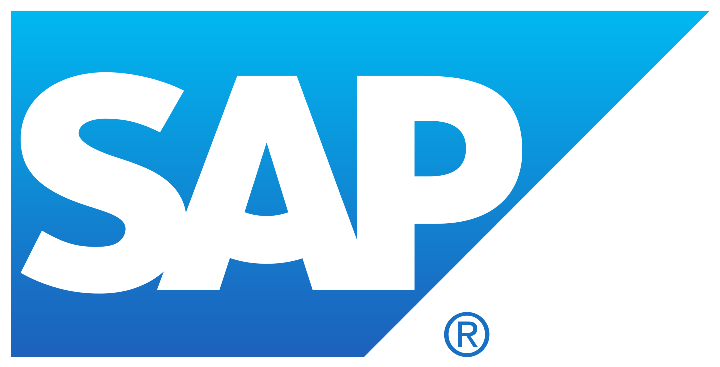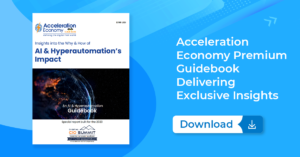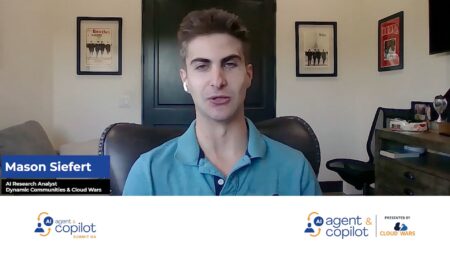Welcome to the AI Index Report, featuring practitioner analyst and entrepreneur Toni Witt. This series is intended to deliver the timely intelligence about artificial intelligence (AI) you need to get up to speed for an upcoming client engagement or board meeting.
Highlights
Innovation (00:27)
Qualcomm has been dedicated to building a hybrid AI future, combining AI that runs on the cloud with AI that runs on the edge. As a hardware-first company, Qualcomm produces chipsets and semiconductor components. Using 5G, its mission is to build power-efficient on-device AI system models.
The company recently announced it successfully ran Stable Diffusion, a generative AI model for generating images, on an Android in under 15 seconds. This is a milestone toward building out the future of hybrid AI.
Benefits of hybrid AI include:
- Speed: There would be no latency from having to communicate with a cloud server, as you could host AI models and run them directly on a device.
- Reliability: A wavering connection can cause mission-critical issues in many contexts, such as construction, factories, or hospitals. Hybrid AI would eliminate this.
- Security: Information stored on a device doesn’t face risks from being shuffled back and forth between the server and a device.
- Cost: The bandwidth required to send data between edge devices and the cloud can be expensive.

Which companies are the most important vendors in AI and hyperautomation? Check out the Acceleration Economy AI/Hyperautomation Top 10 Shortlist.
To achieve a future of hybrid AI, Qualcomm is building and optimizing full-stack on-device AI across applications, models, hardware, and software. The hardware is designed and optimized specifically for supporting AI software developed by companies including OpenAI and Anthropic. This will lead to a variety of enterprise use cases.
Funding and M&A (05:11)
SAP is investing in three AI companies to build out its business AI offering:

These strategic investments provide SAP and its customers early access to AI innovations that are coming out of these cutting-edge companies.
Bob Evans, Cloud Wars founder and Acceleration Economy co-founder, elaborates more on these investments by SAP and how they will benefit customers. It isn’t just “tossing a lot of stuff into the AI models.” Rather, SAP is essentially saying it can help customers get the right data into the right places. Bob further explains that SAP’s investments in “these foundation companies can yield the greatest outcome” for customers in how they can train and use their data for AI.
Product of the Week (07:32)
Spotify recently held its Q2 earnings call, during which CEO Daniel Eck mentioned a few ways the company is building AI into the streaming platform:
- DJ: Launched earlier this year, although still in its early stages, this feature is a first step toward creating more personalized listening experiences. It creates curated playlists and generates commentary using generative AI to explain songs, the artists, and their stories.
- Generating summaries of podcast episodes: By using generative AI, podcasts will have direct, clear, and quick summaries to help listeners gauge if they are likely to enjoy an episode before they commit much time to listen to it. This can also help creators in marketing new podcasts.
- AI-generated audio ads: The goal is to significantly reduce the costs for advertisers to develop new ad formats on the platform.
- Improving a text-to-speech synthesis system: This includes auto-generating audiobooks and converting other text files to an audio format.
With all of these use cases, how far away are we from AI-generated music? When will Spotify as well as other streaming and creator platforms make that switch?















